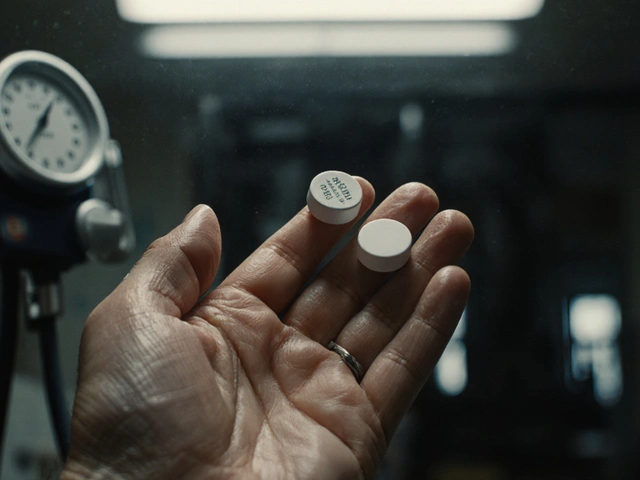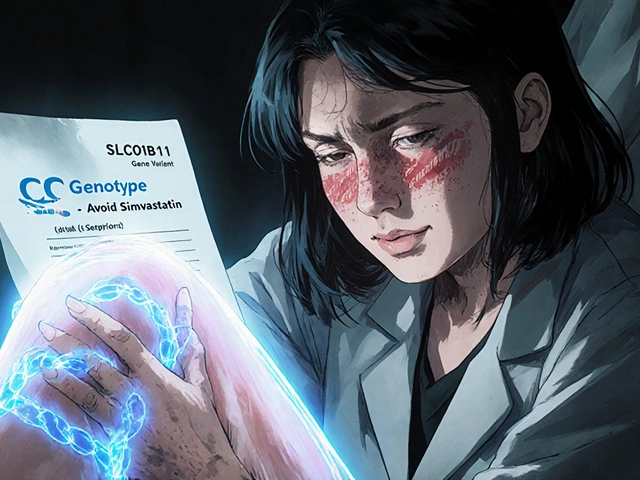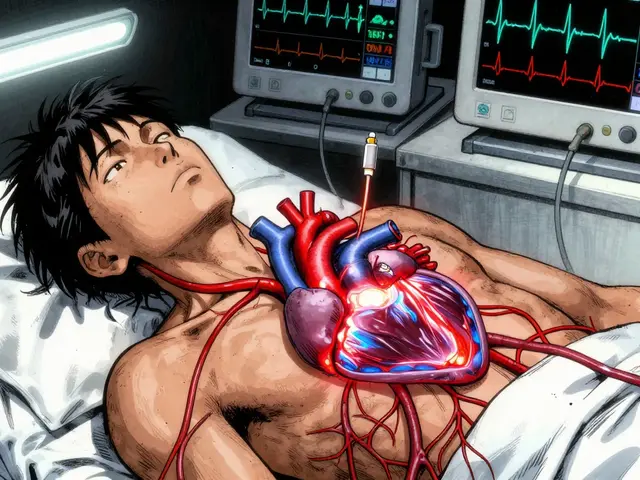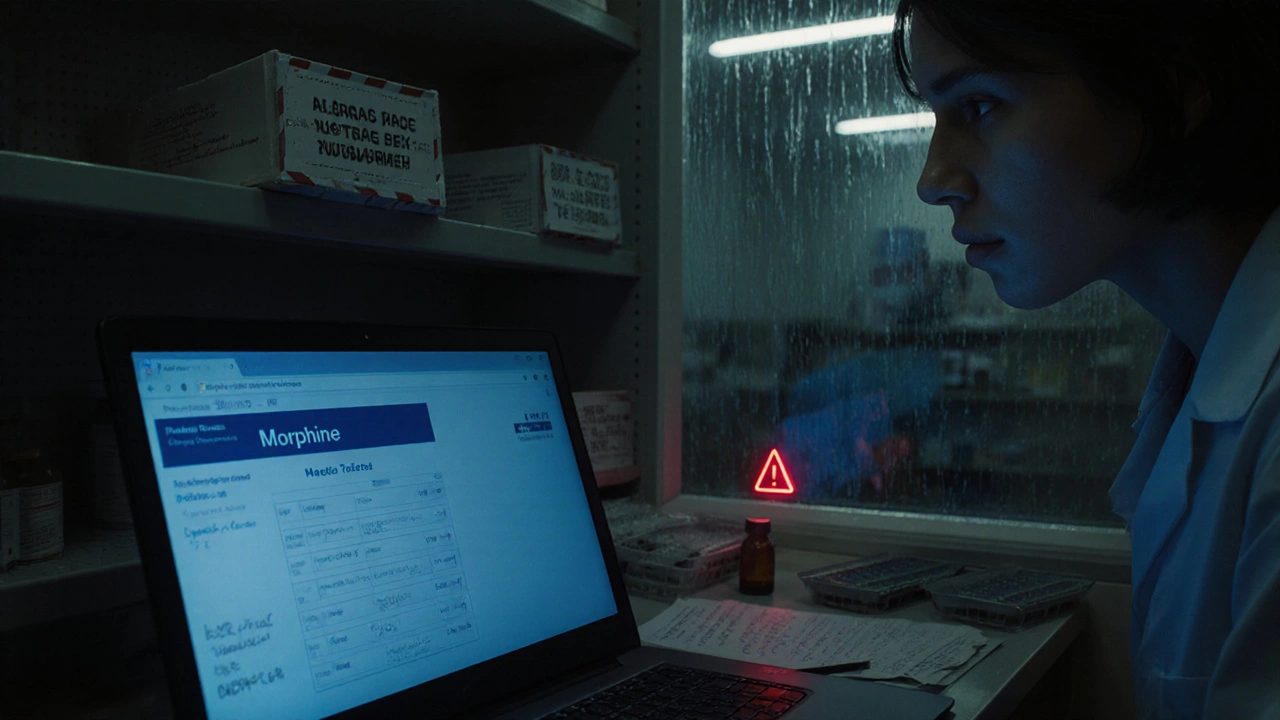Drug Alternatives: Safer, Cheaper, and More Effective Options You Can Trust
When a medication isn’t working, causes side effects, or costs too much, you need drug alternatives, other treatments that deliver similar results with fewer risks or lower cost. Also known as therapeutic substitutes, these options aren’t just backups—they’re often smarter choices if you know how to pick them. Many people stick with the first drug their doctor prescribes, even when it’s causing nausea, drowsiness, or high bills. But there’s usually another way.
Generic medications, FDA-approved copies of brand-name drugs that work the same way are the most common alternative. But not all generics are created equal. Some people notice differences in how they feel on one generic versus another—even though they’re supposed to be identical. That’s because of small variations in fillers or how fast the drug dissolves. When you’re on a medicine with a narrow therapeutic index, a drug where even tiny changes in dose can cause serious harm—like warfarin or lithium—those small differences matter. That’s why some doctors recommend sticking with one brand or generic manufacturer. And sometimes, an authorized generic, a brand-name drug sold under a generic label at a lower price is the best middle ground.
It’s not just about generics. Many people switch to non-drug options—like lifestyle changes, OTC remedies, or natural supplements—because they want to avoid pills altogether. But here’s the catch: some supplements, like St. John’s Wort, can be just as dangerous as prescription drugs when mixed with other meds. And some OTC antihistamines work better for certain people than others, depending on their body chemistry. The real key is matching the alternative to your specific needs—not just grabbing the cheapest or most advertised option.
You’ll find posts here that break down real cases: how people switched from Viagra to sildenafil alternatives and saved hundreds, why some generics failed and how to spot them before it’s too late, and how nitrosamine contamination in cheap imports led to recalls. You’ll see how weight loss can replace some arthritis meds, how fecal transplants beat antibiotics for C. diff, and why genetic testing helps some people tolerate statins they once thought were off-limits. These aren’t theoretical ideas. These are stories from people who had no choice but to find better options—and lived to tell about it.
Whether you’re dealing with high prices, bad side effects, or just tired of taking the same pill every day, you don’t have to accept what’s on the label. There are alternatives out there—some proven, some new, all worth exploring. The next section gives you the facts you need to make smart, safe swaps without guessing or risking your health.
Medication Shortages: How to Manage When Drugs Aren’t Available
Medication shortages are a growing crisis affecting hospitals, patients, and providers. Learn how to manage when critical drugs aren’t available, what’s causing the problem, and what you can do to protect patient care.
About
Health and Medicine
Latest Posts


Clonidine vs Alternatives: Detailed Comparison Guide
By Orion Kingsworth Oct 20, 2025

Genetic Factors in Statin Tolerance: How Pharmacogenomics Testing Can Help You Stay on Your Medication
By Orion Kingsworth Oct 27, 2025

Retin A 0.025% (Tretinoin) vs Alternatives: A Practical Comparison
By Orion Kingsworth Oct 19, 2025

